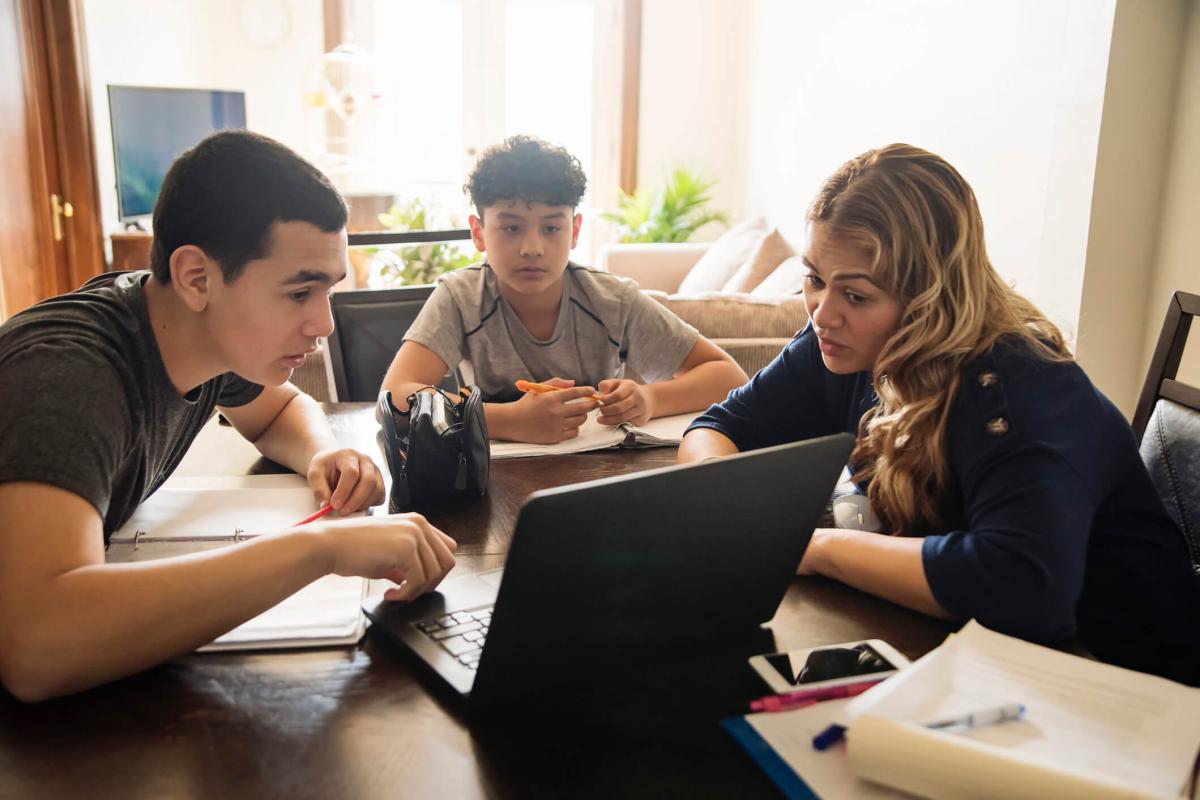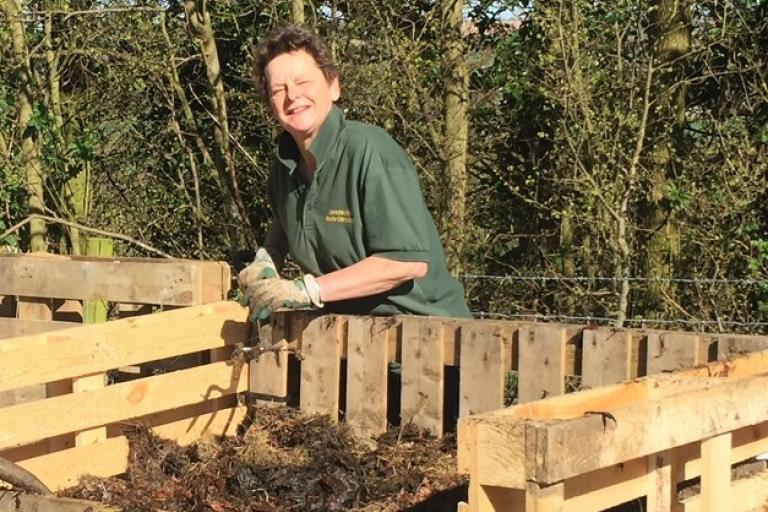Volunteering
Volunteer with us
Leicestershire County Council has a range of roles - from helping families to caring for Leicestershire parks, supporting museum teams to teaching recycling tips.
See all the roles we're currently advertising:

Areas and roles we support
Different roles will be open for recruitment at different times of the year. Explore all volunteer roles we support:




















